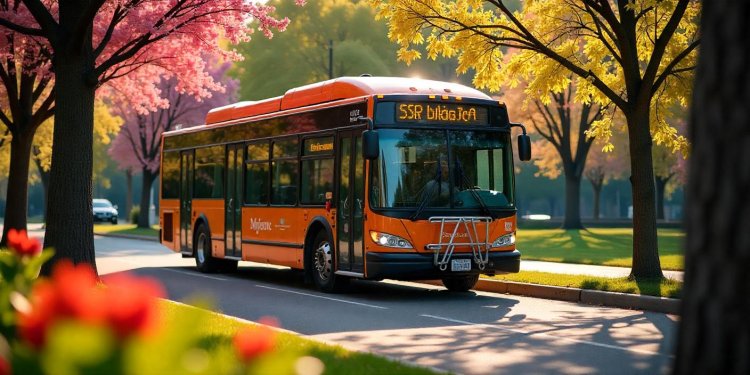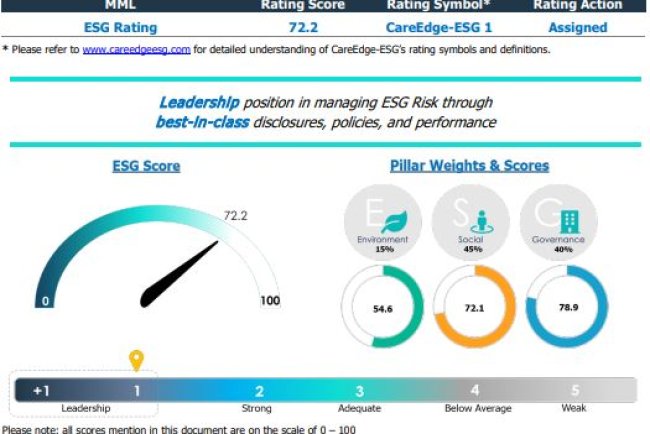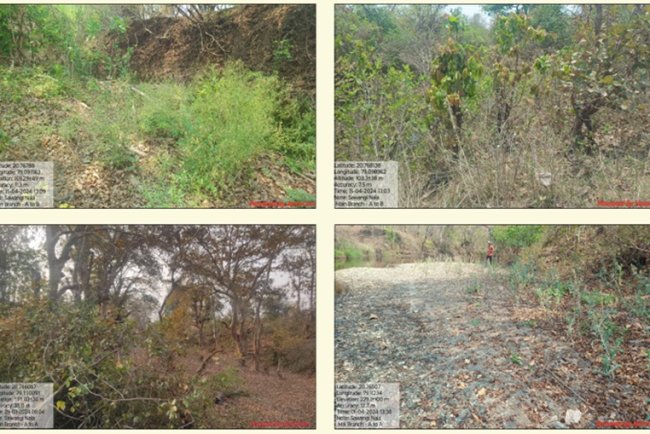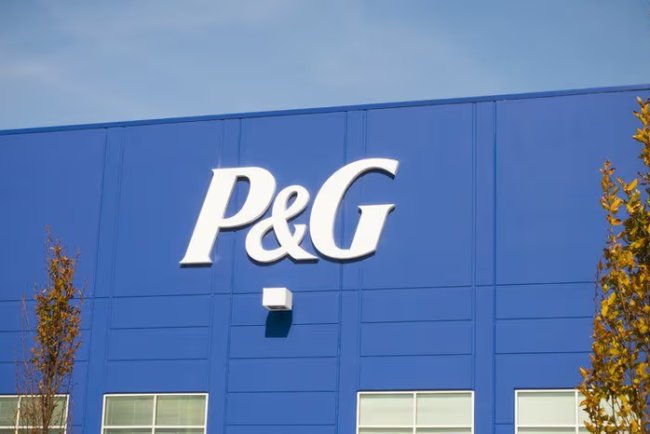Stagecoach Invests Further £7.9M in Electric Bus Expansion
Stagecoach has secured £7.9 million under the UK’s ZEBRA 2 programme to expand its electric bus fleet, focusing on Hull and Mansfield. This funding supports Stagecoach’s target of a zero-emission UK bus fleet by 2035, adding to the £50.6 million already pledged. The investment will enhance public transport sustainability and contribute to national climate goals.

Stagecoach, the UK's largest bus company, has committed a further £7.9 million to add to its electric buses. It is part of its strategy to have a zero-emission UK fleet in 2035. The new money has come through the UK government's Zero Emission Bus Regional Areas (ZEBRA 2) programme, run by the Department for Transport. The scheme, launched in 2023, will assist local councils outside of London to buy zero-emission buses and accompanying infrastructure to reduce the transport sector's environmental impact.
This £7.9 million is in addition to the £50.6 million Stagecoach has already pledged to spend on buying more than 120 electric buses by 2027. The recently raised money will go into investing in more electric buses, especially in Hull and Mansfield, with almost 40% of the money to be used in the two towns. In Hull, the money will go into growing 55 new electric buses. This project will also generate employment for the green energy industry while enhancing the air quality within the locality and lowering noise pollution.
The government of the UK is investing £143 million in supporting the purchase of 955 electric buses by 25 English local authorities. The investment forms part of a move towards cleaner public transportation systems earlier, alongside a move to stimulate the local economy and aid UK-made manufacture. As part of this bigger plan, Stagecoach's investment is part of national programs for the decarbonisation of transport and net-zero emissions in the future.
Stagecoach already has a fleet of approximately 8,400 buses, 10% of which are already electric. The plan is to gradually build up this percentage towards its zero-emissions goal by 2035. In the East Midlands, it has already begun the process, with 23% of its 522 buses being electric vehicles. The extra finance acquired by Stagecoach through ZEBRA 2 will further speed up the process, allowing the company to enhance its fleet and assist the government in its policies with regards to sustainability.
This initiative is under Stagecoach's general environmental strategy, which entails cooperation with local governments and a concentration on sustainability-driven operations. With this kind of activity, the company is emerging as a green transport champion while contributing to the fulfillment of national goals for climate action and improving air quality.
The ongoing government subsidy, coupled with private financing by operators such as Stagecoach, demonstrates the speed of the UK's transition towards cleaner public transport. The scheduled introduction of electric buses will not only cut greenhouse gas emissions but also stimulate other operators to switch to cleaner technology to address changing environmental rules and society's demands.
With more public electric buses on UK roads, the supporting infrastructure for their operation is also growing. Such as charging depots and maintenance depots to training schemes to build the workforce for electric vehicle operation. All these are crucial in facilitating the long-term viability of the zero-emission transition in the public transport industry.
Stagecoach's investment in electric buses is a big step in the direction of the UK's green transport policy. Government funding schemes and private transport operators joining hands show the collaborative effort that could result in large-scale transformation of critical public services. Uniting high-impact areas like Hull and Mansfield, Stagecoach is making cleaner transport accessible to communities that need it most.
By the continued introduction of electric buses, Stagecoach is not just replacing its fleet with cleaner vehicles but also helping the UK achieve its wider ambitions to cut carbon emissions, create green jobs, and build sustainable infrastructure. All these combined actions are the steps towards a more resilient, low-emission public transport nation.
Source/Credits:
Stagecoach | KnowESG | Department for Transport, UK
What's Your Reaction?

















